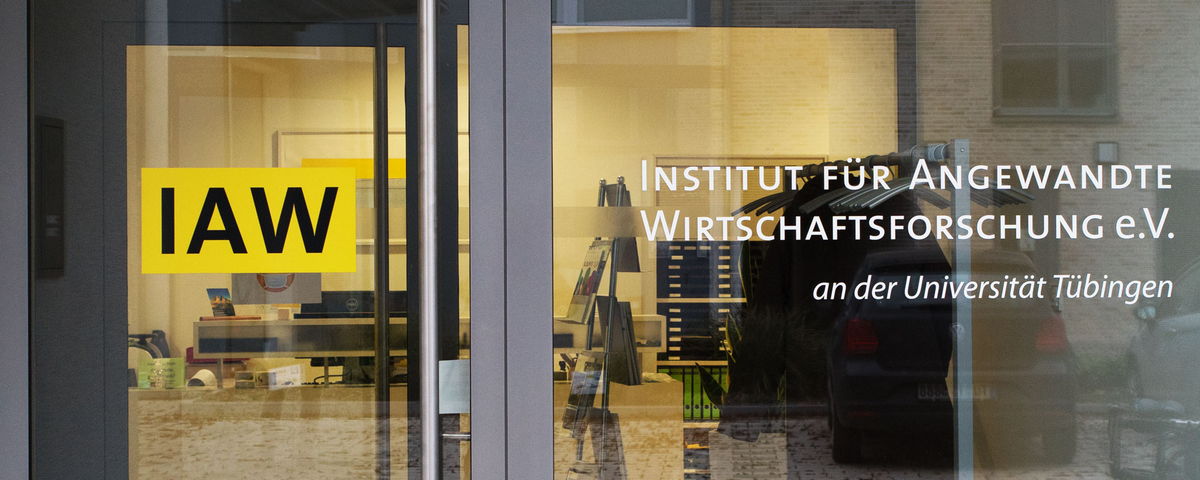Shadow economy to continue slight upward trend in 2026.
The shadow economy in Germany will continue its long-term upward trend in 2026. The main causes are weak growth in the official economy and rising unemployment.
According to the latest findings of a forecast by Professor Friedrich Schneider (University of Linz) and the Institute for Applied Economic Research (IAW), the shadow economy will grow to a nominal value of €538 billion. This represents an increase of 5.5 percent over the previous year. Adjusted for inflation, the increase is 2.8 percent. The ratio of the forecast shadow economy to measured gross domestic product (GDP) will increase slightly from 11.4 to 11.6 percent.

